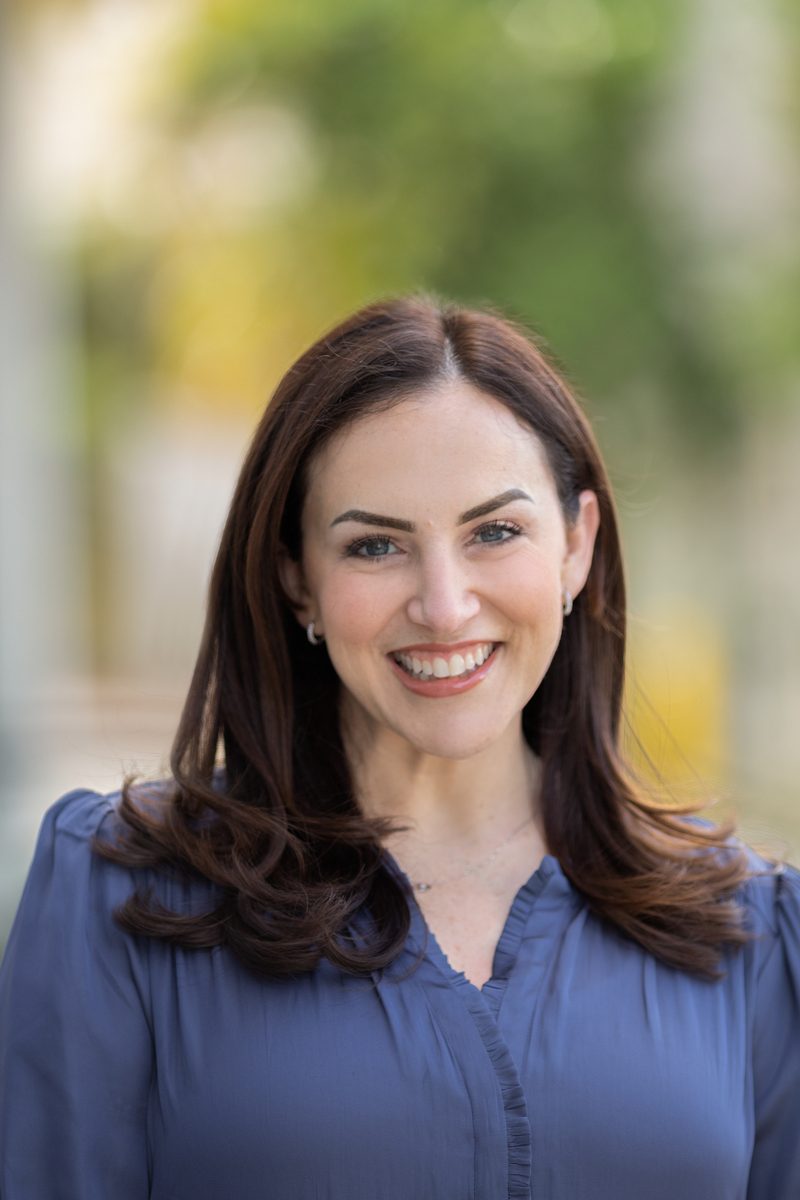
Monte Nido & Affiliates Education Training Manager Jacquie Rangel recently spoke at a high school to help educate the students about eating disorders and self love. Jacquie shares a two part series on her experience and time spent with the high school students.
Just over a week ago now, I was invited with Clementine Treatment Programs to Miami Beach Senior High to speak to the Psychology Club about eating disorders. The president of the Psychology Club had coordinated to have us come and present during National Eating Disorders Awareness Week. We were asked to address the many different “types” of eating disorders. In addition to providing bio-psycho-social information to the group of well-educated and engaged students, my mission at the end of the day was to help bring awareness around why this topic is of importance to each and every person in the crowd, whether they struggle with an eating disorder in their lifetime or not.
The student who invited us to MBSH demonstrated the important awareness that eating disorders are not limited to what typically comes to mind when we hear mention of this condition. This was exemplified when I asked the group, “What do you think of when you hear, ‘eating disorder’?” The first answers in the crowd, as is the case with most groups, were consistent with the typical portrayal we see in media. Not to downplay the manifestation of anorexia-nervosa as an eating disorder. Though it is the mental illness with the highest mortality rate (beyond substance use disorder, alcoholism, etc.) it is also the most rare presentation of eating disorder. I shared with the group that eating disorders also present as bulimia-nervosa, binge-eating disorder and ARFID and provided some context as to what those particular expressions of eating disorder look like. Still, the question of, “so what?” beckons.
From the moment I entered the room and was graciously greeted by a group of attentive students, I could tell I was in the presence of leaders. These students are in the Advanced Placement and International Baccalaureate tracks in their school. Having gone through those programs, I understand the doors that are already opening for them a couple of years down the road when they study in University and beyond when they begin their careers. They are not only leaders now in their community, but they are some of the leaders that will shape broader communities in the future. They are actual influencers, and I shared this observation with them. Though they might not all realize it, people already look to them for guidance and as role models, and that will only magnify as time goes on and responsibilities accumulate. I shared with them that building awareness around eating disorders is important not only because they are influenced by the same societal pressures that simply debilitate individuals with eating disorders, but also because this understanding is, in my opinion, a matter of diversity.
Everybody knows someone with an eating disorder in their lifetime whether they are aware of it or not. Having a sensitivity to the mind of someone who is actively struggling empowers an individual to communicate in a way that helps the affected person. Though it is not their responsibility to provide help, they might feel inclined to do so and if that is the case, they might think back to our discussion of how a person with an eating disorder is likely in denial and taking most commentary around them extremely personally. One of the students, for example, shared the observation that in their experience it appears that the person with the eating disorder gets angry and does not want to hear that they need help. I shared a cliche I had actually stumbled upon earlier that same day, “The truth will set you free, but first it will piss you off.” The group laughed and understood how this applies in the case of a person in denial of their condition.
For more information about Monte Nido please call 855.265.1958, visit our website and connect with us on Facebook, LinkedIn, Twitter, and Instagram.
